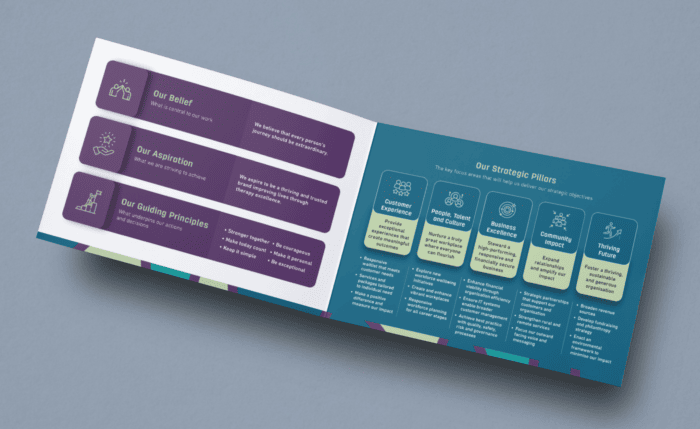Mealtime tips for parents of picky eaters
Mealtimes can be challenging! These are our top tips for parents who need to pick their battles at mealtimes and tackle fussy eating.
Eat together
Children learn through role modelling. Seeing trusted caregivers eat a wide variety of foods will encourage children to eat those foods as well. Eating just one meal a day together can make a difference.
Build structure into every mealtime
Creating routines can support children – especially autistic children – as they usually like to know what is expected of them and what is coming next.
Many children have trouble transitioning from one task to another. When a child is expected to suddenly move from an activity they enjoy to a meal it can be really difficult for them, and can result in meltdowns and refusal behaviour. Having structured mealtime routines helps build the expectation around what is required, making the transition easier.
Regular meals also help regulate appetite so children come to meals prepared to eat without filling up on snack foods beforehand.
Offer at least one preferred food
Children need to feel safe and confident that there is something that they can eat at mealtimes. Sometimes when there is not a preferred food or a food that matches a child’s skill level or sensory preferences, it can cause stress and anxiety. Increased stress and anxiety mean a decreased appetite, so they will often refuse to eat at all.
Expose your child to a range of foods
Once you find yourself catering to your child’s specific food preferences, you might find that you get to a point where you can’t offer any other foods without a meltdown. Sometimes new foods need to be offered in a very gradual way to help your child slowly increase their tolerance.
A great way to expose your child to a wide range of foods is through grocery shopping or involving them in meal preparation.
Offering foods in a buffet style at mealtimes can support your child to explore new foods (look at, interact with, smell, touch and maybe even taste) in a non-pressured way. Start with small amounts (e.g. 1 teaspoon) of non-preferred foods on a plate and build from there. Our Accredited Practising Dietitians can support you to put this into practice in a step-by-step approach that is individual to your child’s needs.
Sensory preferences and sensitivities
Consider the sensory preferences of your child. They may have certain preferences or sensitivities when it comes to the food they choose. For example, a strong dislike for red foods or they might be unable to tolerate a loud environment.
You may need to adapt the foods you offer to support their sensory preferences. A dietitian can help with this. You also may need to alter the eating environment to support their sensory needs, like turning down the lights if they are sensitive to bright lights.
Your child may also require strategies that help with sensory processing and emotional regulation at mealtimes. Therapy Focus has a number of experienced occupational therapists who work alongside our dietitians and can provide support for sensory preferences and sensitivities.
Watch your language
Try to avoid using negative language such as “disgusting”, “slimy”, “gross”, and “yucky” when talking about food. Use positive or neutral describing words like “slippery”, “wet”, and “bitter” to talk about the sensory properties of the food. For example, “This capsicum is very crunchy”. You can also describe your own interactions with food. For example, “I put sauce on my meat to make it easier to chew.”
Aim to comment on the positives of mealtime no matter how small they are, rather than the negatives. You could say, “You were so helpful at dinner – thank you for putting your fork and placemat on the table.” Positive language can help create a calm and enjoyable meal, which reduces a child’s stress and anxiety. This in turn promotes their appetite and increases the likelihood of experimenting with new foods.
Seek support as fussy eating can be tricky to manage
If you’re struggling with mealtime battles, we recommend getting a thorough assessment of your child’s eating and drinking skills. Often fussy or picky eating is more than a usual phase many children experience as part of typical development.
Book an appointment with one of our Accredited Practising Dietitians for support with mealtimes and to assess any nutritional gaps in your child’s diet. Nutritional gaps may be impacting the range of foods they’re eating, their food/mealtime behaviours, and their growth and development.
An assessment can include a review of chewing and swallowing skills, self-feeding skills, identifying nutritional deficiencies, seating and positioning, and continence. All these things can have a significant impact on a child’s diet, appetite and behavior at mealtimes.
Making mealtimes manageable
To access support from one of our experienced dietitians, apply online or call us on 1300 135 373.




















